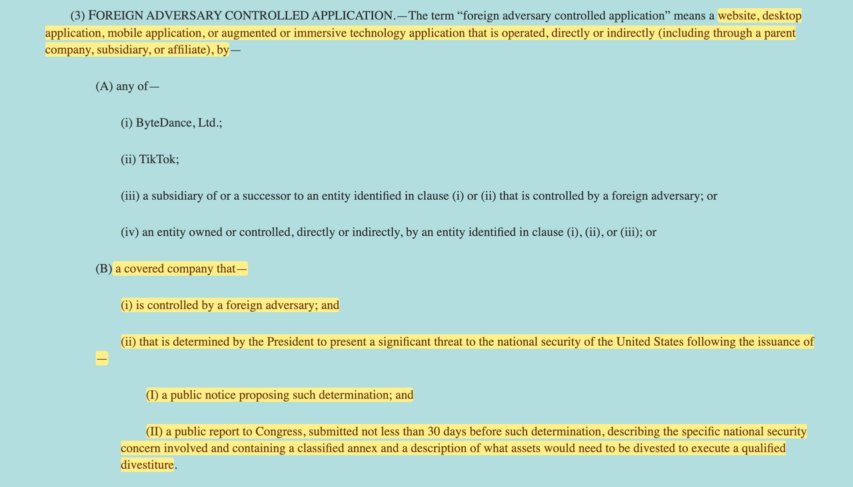In The Line, Matt Gurney reflects on what he got wrong about Pierre Poilievre and why he misread the situation leading up to Poilievre becoming Conservative leader:

Pierre and Ana Poilievre at a Conservative leadership rally, 21 April, 2022.
Photo by Wikipageedittor099 via Wikimedia Commons.
“Think of Trudeau in late 2019,” he told me from the bar. “India trip. SNC-Lavalin. ‘Thank you for your donation.’ Black and brown face. Canadians were souring on him. They were starting to think he was a fake, and maybe a bit of an asshole. His disapproval ratings were soaring. Then COVID hits, and he’s doing his smiling, reassuring press conferences every day outside his house. His disapprovals tank. Canadians are reminded of 2015 Trudeau. But then pandemic ends, and we’ve got some Trudeau missteps. ‘Unacceptable people’, COVID-era wedges. He’s going back to his 2019 position: people don’t like him.”
“And then,” he told me, “just as Canadians are starting to think the PM is an asshole again, the NDP decides to sign an agreement with him. [NDP leader] Jagmeet [Singh] could not have screwed up more. This is a historical, books-to-be-written-about-it screw up. Because just as Canadians are remembering that they don’t like the PM, Singh is giving those voters no reason to go to the NDP.”
Normally when the Liberal vote collapses, he continued, those voters disperse across all the parties. But CASA, my source told me, was like a funnel, forcing all the voters the Liberals were losing to go to the Conservatives instead of going everywhere. “If you’re angry at Trudeau, if you don’t like him, if you’re sick of him, you can only go Conservative this time. Singh did that. That is a catastrophic miscalculation for the NDP, and it’s the single best thing that happened to Poilievre. None of us saw that coming.”
He had other thoughts, as did others I spoke to. The People’s Party having been neutered as a threat was something I heard repeatedly, which matters, but not in the way that you think. “The PPC wasn’t a huge draw on our voters,” a senior Tory told me. “People still think the PPC was just our most-right-wing fringe. Wrong. It was drawing voters from everywhere, including typical non-voters. So the problem wasn’t that we were losing votes. The problem was that the fear of the PPC gave too many of our western MPs licence to get away with anything or oppose anything. ‘If we do/don’t do this, Maxime Bernier is going to kill us!’ Guess what? Portage-Lisgar was Bernier’s best possible shot and we annihilated him. No one is afraid of the PPC anymore. No one can use the PPC as leverage against the leader.”
I asked about that — Poilievre’s hold over his own party. In my 2021 column, I had noted that O’Toole never really had full control. Every Conservative I spoke to agreed: Poilievre has the most control over his caucus of any CPC leader they can remember. Better than O’Toole, better than Andrew Scheer, and as good, at least, as Stephen Harper. Not all the MPs were thrilled when O’Toole was replaced, but the smell of impending victory has a way of winning over new friends.
I talked with the source at the bar for a long time, and we covered a lot of ground. A lot has gone right for Poilievre, he said. Some of it is luck, some of it is timing, but some of it is entirely to Poilievre’s credit. My source isn’t one of Poilievre’s guys, so to speak. He’s just long-time CPCer, who served all four leaders of the modern era. He has never hesitated to critique the current leader in our chats, but he gave credit where he felt it due. “Poilievre was talking cost of living and inflation back when the PM was taking time at press conferences to tell everyone he doesn’t care about monetary policy, and when the finance minister and the governor of the Bank of Canada were telling everyone there was nothing to worry about, and when all the economists on Twitter were saying that deflation was the worry. Poilievre was right. In public, loudly, right. About the issue that was about to completely take over Canadian political conversation. He called it. Trudeau, Macklem and Freeland were wrong. People may not remember the details, but they remember that.”



















